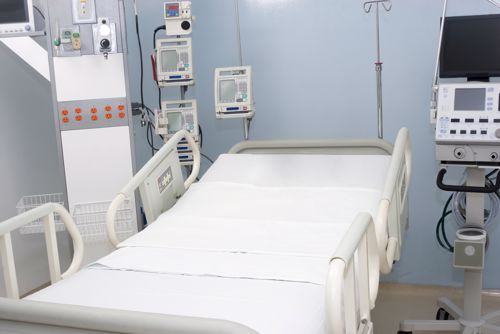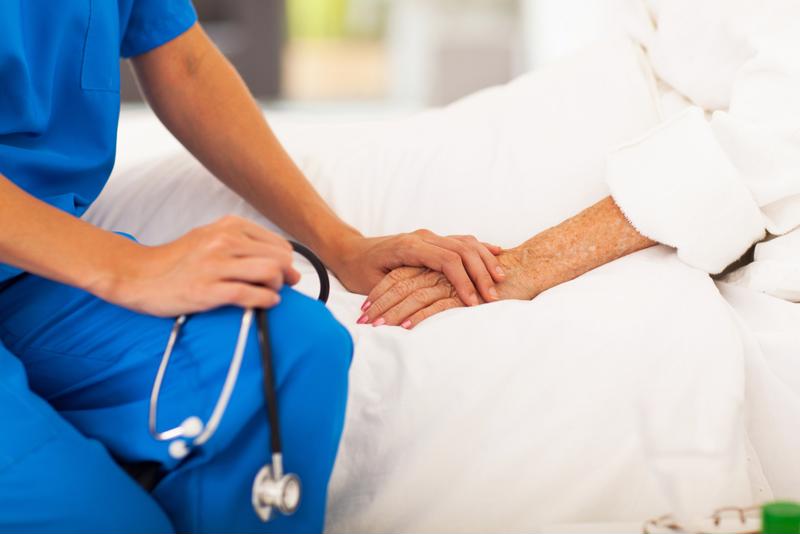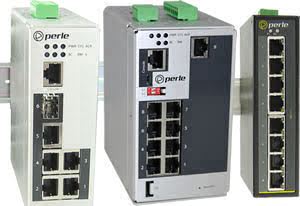
Smart beds
By max burkhalterMay 10, 2022
Internet of Things (IoT)-powered smart beds are being utilized in hospitals to provide support for patients and assist nursing staff. According to a report published by Global NewsWire, the North America Healthcare Smart Beds Market is expected to witness an 8.2% compound annual growth rate (CAGR) during the forecast period of 2022-2027.
This article will examine the benefits of smart sensor applications in today's medical beds – and showcase a surprising adaptation of the technology.
Keeping a watchful eye
In addition to sensor technology that monitors the condition of occupants in real-time, today's smart beds are assisting hospital staff by automating position and pressure changes to accommodate comfort and offer relief.
These applications allow doctors to remotely monitor patient diagnostics. Any changes or potential risk factors are transmitted immediately via emergency signals. With the ability to monitor 35 different health points, including body temperature, weight and oxygen levels, the built-in diagnostic tracking system is connected to a patient's medical record. Changes and fluctuations are recorded and added remotely to the linked record, providing increased efficiency outcomes for doctors and other healthcare professionals who observe the charting.
Delivery models are also being developed for those in need who are able to convalesce in the comfort of their own homes. The current focus of the smart bed technology is to facilitate the care of patients requiring long-term healthcare and the increasing amount of chronic care individuals.
Although the primary function of smart beds is to provide diagnostic and therapeutic aid for individuals in care situations, the technology was recently employed in another, entirely different industry.

Fit for an Olympian
As writer Jon Jackson reported for Newsweek, smart beds were a surprising topic of discussion inside the Olympic Village at the onset of the 2022 Olympic Games in Beijing. Arriving athletes quickly took to social media to extol the virtues of their smart bed surprises, claiming benefits beyond the memory foam that eased their travel-weary bodies.
The same IoT sensor technology that enhances patient stay in medical facilities was employed to track the athlete's vitals, with the data transmitted in real-time to observant coaches looking to facilitate the peak performance of their charges.
Similar to the way doctors and other healthcare professionals keep track of even the most minute changes affecting a patient's condition, coaches in Beijing were able to effectively troubleshoot sleep positions that could affect the functionality of their athletes.
The Zero-G functionality of the beds, purportedly developed by NASA, was able to precisely take pressure off of areas like the hip and shoulder that could be affected by side sleeping Olympians.
The resulting success of podium-placing athletes may lack diagnostic validation tying a Gold medal to a recumbent-encouraging mattress. However, there is no doubt that smart bed technology is assisting today's sleepers in unprecedented ways.
Linking technology to better health
Perle is proud to partner with the medical industry innovators that are leveraging connectivity solutions to power innovation. To learn more about how Perle provides efficient, reliable connectivity via industrial switches and terminal servers, visit our healthcare solutions page.



